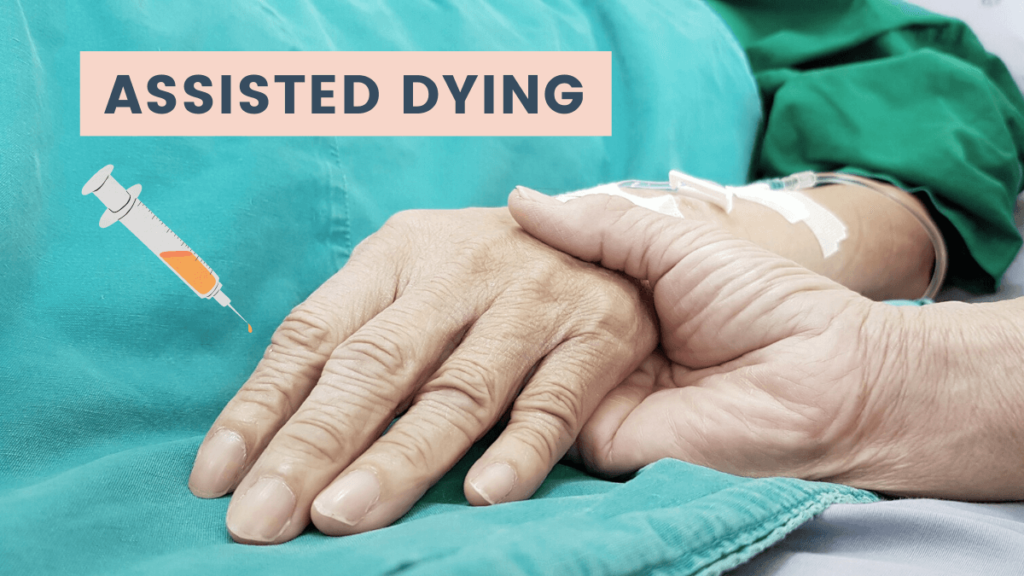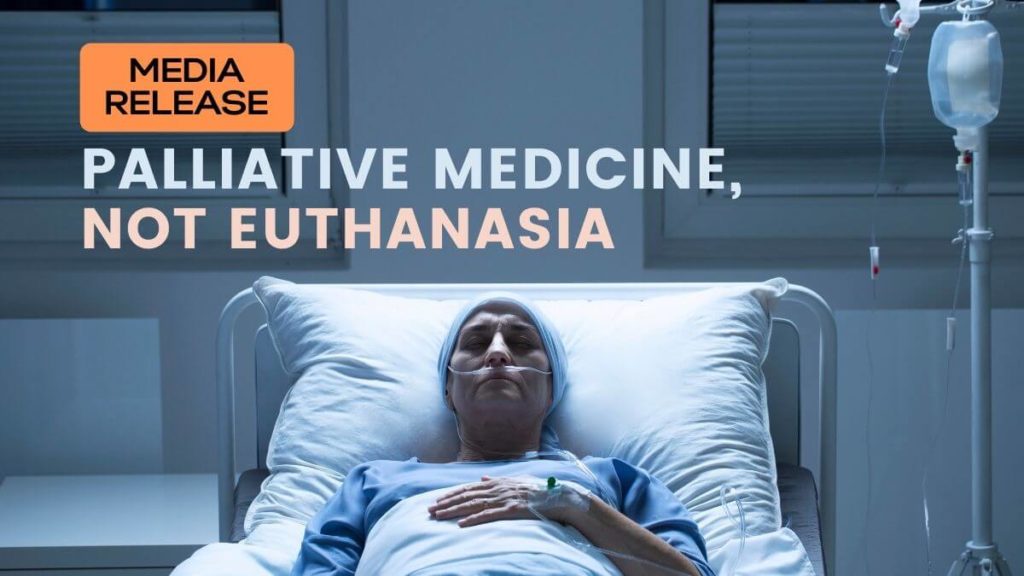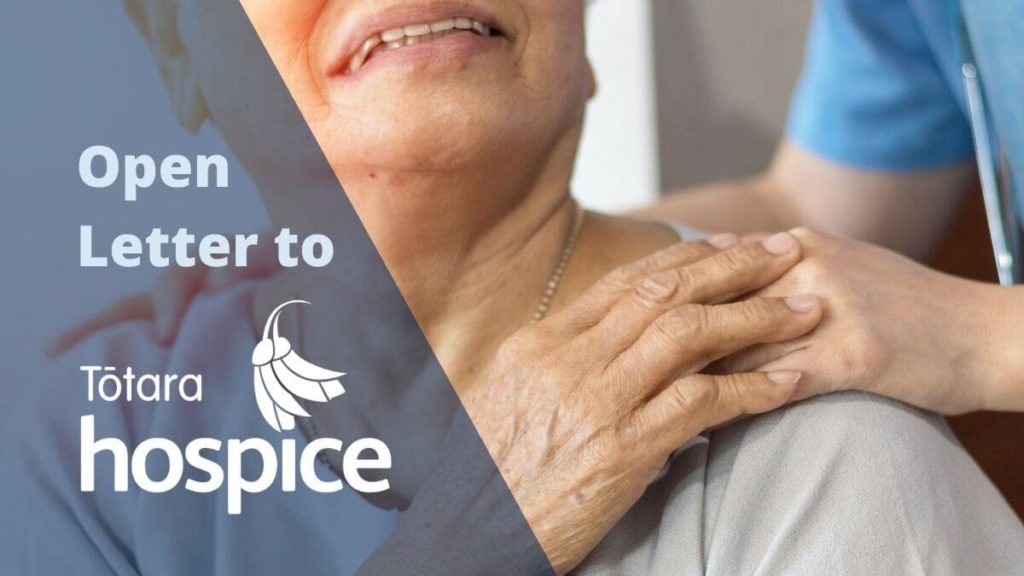
1News 7 Nov 2021
Palliative care professor Rod MacLeod said despite the Act being called “End of Life Choice”, there would be some people who didn’t have a choice because they couldn’t opt to access palliative care. He said it was a lottery because hospice services rely heavily on charity. “It depends on where you live, it depends on the disease that you might be experiencing, it depends on your ethnicity sometimes,” he said. “So, I think at the moment, although we have good palliative care services in the country, it’s not evenly distributed in any way.” MacLeod said the Government should boost its funding of the services.
https://www.1news.co.nz/2021/11/07/more-palliative-care-funding-wanted-as-assisted-dying-becomes-legal/
Stuff
Based on overseas experiences, the Ministry of Health estimates up to 950 people could apply for assisted dying each year, with up to 350 being assisted to die. But there is uncertainty about what the actual demand will be.
In Victoria, Oregon, and Canada, assisted dying accounts for between 0.3 and 2 per cent of all deaths; with 124 confirmed assisted deaths in the first 12 months Victoria offered the service.
As of October 27, 96 doctors across the country have expressed interest in being included on the Support and Consultation for End of Life in New Zealand (SCENZ) group list to act as an attending medical practitioner in the assisted dying process. Eight nurse practitioners have put their hand up to be on the list; 13 psychiatrists have expressed their interest to perform assessments if requested; and 93 have expressed interest in independent practitioner second assessments.
The ministry expects assisted dying services will be provided mainly by general practitioners, in a person’s home or other community settings. What impact this will have on an already stretched health workforce is unknown. More than 6000 health professionals have completed the training module available to health workers, and 129 medical and nurse practitioners have accessed training. Sixty-four per cent of practicers happy to be involved are in the North Island, and 36 per cent in the South Island.
In the lead-up to the referendum, close to 1600 doctors signed an open letter opposing assisted dying; arguing proper palliative care makes euthanasia unnecessary. The move to fully fund assisted dying but not palliative care has also come under recent criticism.
https://www.stuff.co.nz/national/health/euthanasia-debate/300443715/assisted-dying-now-legal-in-new-zealand-end-of-life-choice-act-a-huge-relief-for-some?cid=app-iPhone
Radio NZ
A palliative care doctor who opposes euthanasia says robust information must be collected about why terminally ill people choose to end their lives under the new law. Care Alliance deputy chair Sinead Donnelly said health officials should be asking people who meet the act’s criteria whether they’re choosing euthanasia because of pain, a lack of palliative care options or other reasons. It needs to be asked “if people are choosing euthanasia because, for example, there’s lack of access to palliative care for specific groups in specific regions,” she said. “We’re very concerned about equity at the moment, and Māori and Pasifika, for example, are they choosing euthanasia? … We need to identify if it is due to a lack of access to services.” Donnelly said failing to collect meaningful information could make it harder to recognise issues of access to healthcare.
Last month the government announced the appointment of three experts to monitor assisted dying. They are: medical ethicist Dr Dana Wensley, nursing executive Brenda Close and palliative care consultant Dr Jane Grenville.
https://www.rnz.co.nz/news/national/455120/end-of-life-choice-act-takes-effect-in-new-zealand

